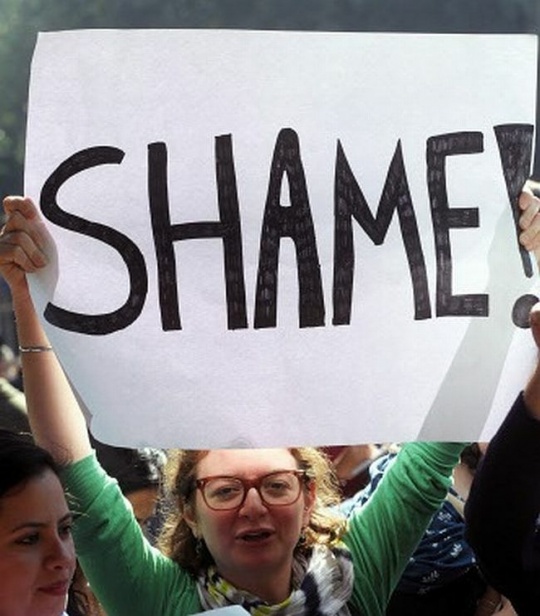MANGALORE: Political parties that avow the need for 33% reservation for women in electoral politics develop cold feet when it comes to elections. Elections to Karnataka state assembly on May 5 is a case in point. Out of 2,948 candidates in fray for the 224 assembly seats, only 170 are women contestants. In DakshinaKannada and Udupi, which have more number of women voters compared to men, women contestants are a handful.
Out of 117 candidates in fray for the 13 assembly constituencies in the two districts, only five are women contestants. Three of these candidates are from Dakshina Kannada and the rest from Udupi.
While JD(S), Congress and Karnataka Janata Party (KJP) have fielded women candidates in DK, there is one JD(S) and an independent woman candidate in fray in Udupi. And these five women need to pitchfork themselves in an election battle dominated by 112 men.
Acknowledging this issue of fielding women is a Hobson’s choice, G Parameshwara, KPCC president told TOI, “Yet we have fielded 10 women candidates in these elections.”
With all parties looking at winning at least in 112 constituencies in the assembly to come to power, gender equality does take a back seat, he said. “Women contesting against men can prove to be an unequal battle and if it is a battle of the same sexes, it should be ok,” he added.
Agreeing with this assessment, former chief minister DV Sadananda Gowda said, “Political empowerment of women has begun and they enjoy 50% reservation in panchayati raj bodies for now.”
If the 108th Constitutional amendment comes through, of which the BJP is a big votary (in Parliament), this will ensure that Lok Sabha and the state assemblies have women representation in far greater numbers and the BJP will respond in equal measure.
Parameshwara while batting for this amendment goes a step further. “Women will get a far better representation as heads of boards and corporations if the Congress comes to power.”
The party will also keep women in mind, while making nominations to the legislative council.
While the BJP had three women MLAs, the Congress had none. Subsequently, three women made it to the assembly from JD(S) in by-elections that followed.
The Constitution (108th Amendment) Bill or Women’s Reservation Bill is a pending bill that proposes to amend Constitution of India to reserve 33% of all seats in LokSabha, and in state legislative assemblies for women. The seats to be reserved in rotation will be determined by draw of lots in such a way that a seat shall be reserved only once in three consecutive general elections. The RajyaSabha passed the bill on March 9, 2010. As of March 2013, LokSabha has not yet voted on the bill.

